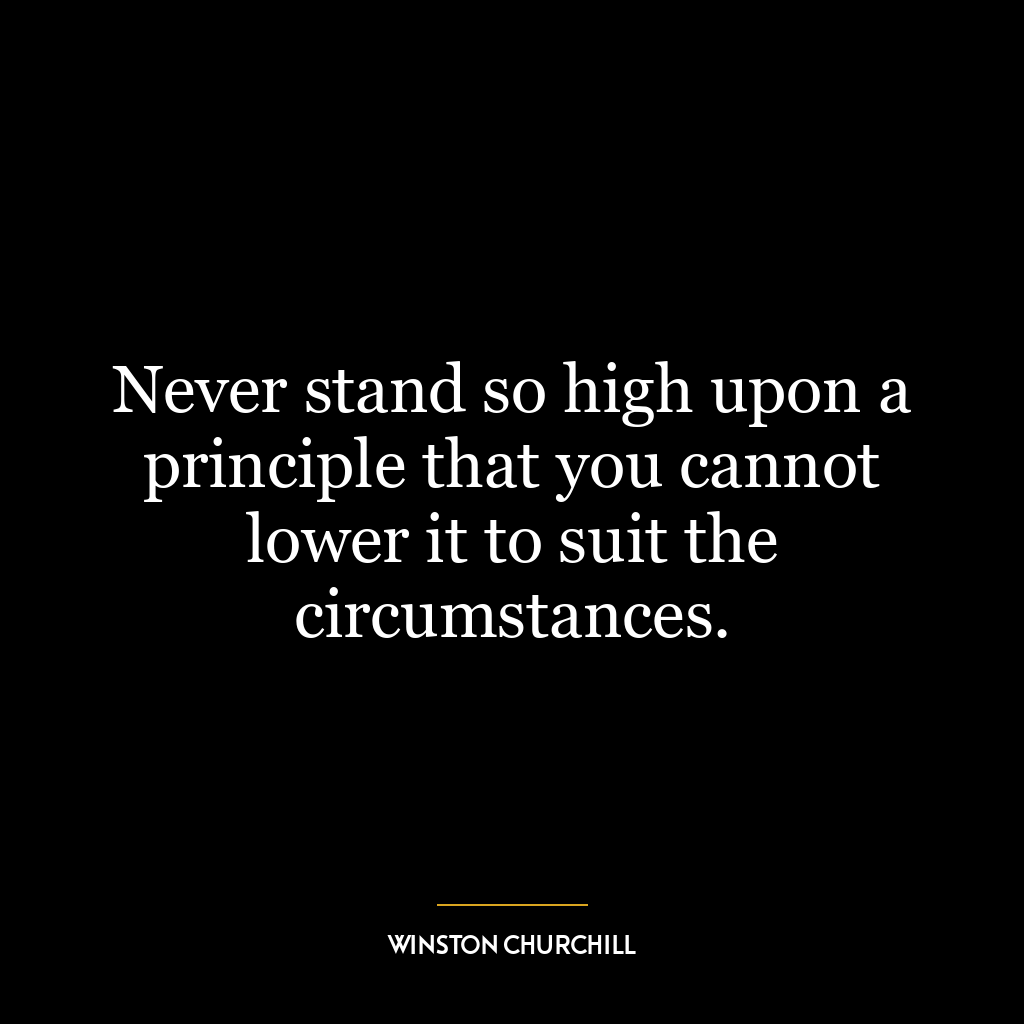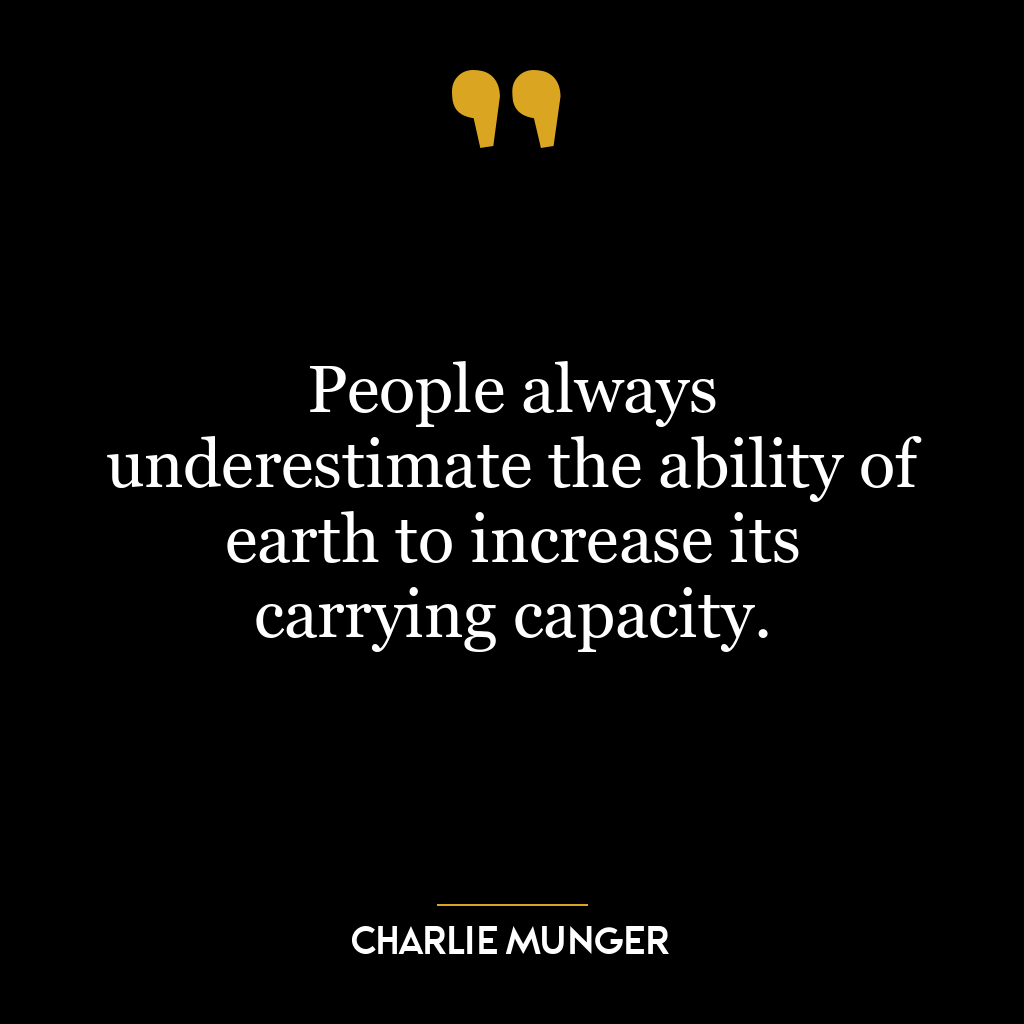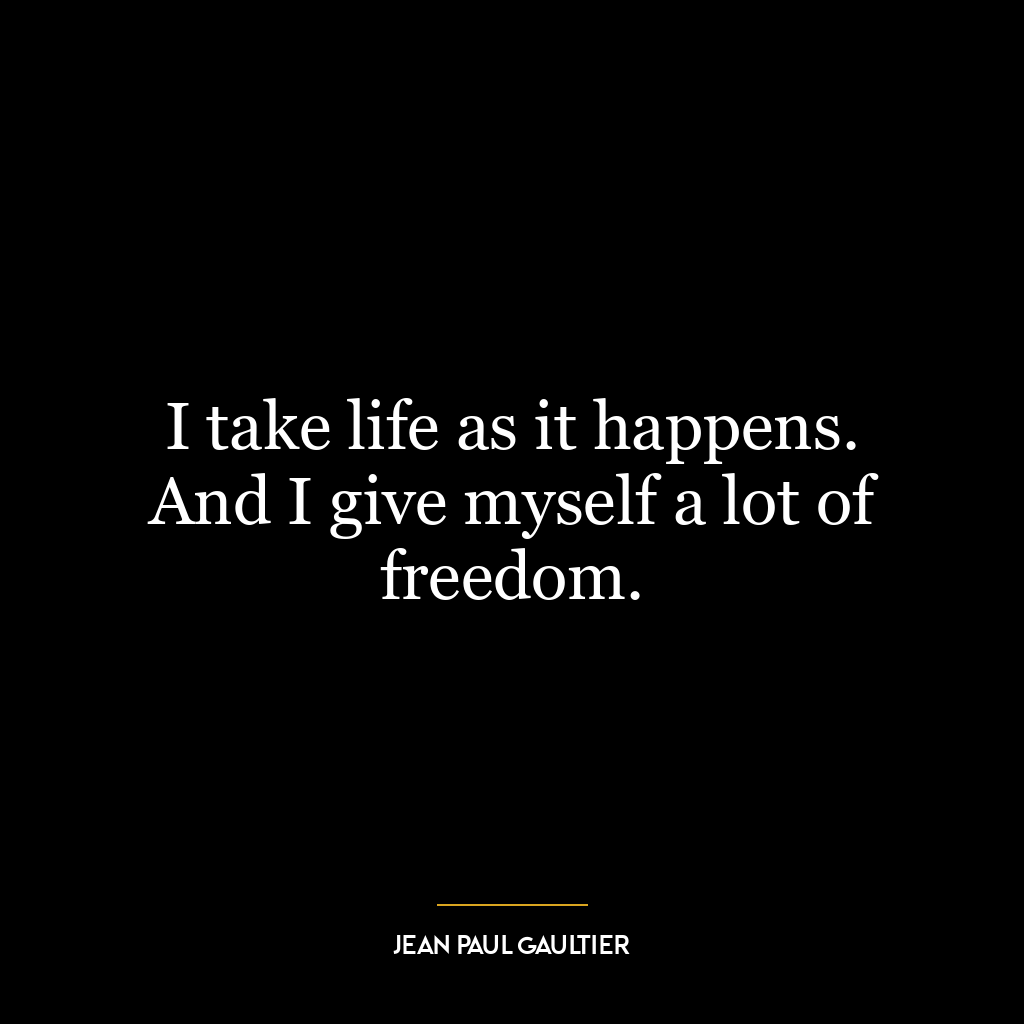Never stand so high upon a principle that you cannot lower it to suit the circumstances.
This quote emphasizes the importance of flexibility in our beliefs and principles. It suggests that while having principles is important, being able to adapt them to changing circumstances is equally, if not more, crucial. The quote implies that rigid adherence to principles can sometimes be counterproductive. It encourages a balanced approach where principles are upheld, but not to the point where they become inflexible and inhibit progress or adaptation.
In other words, standing too high on a principle is like standing on a pedestal, it might make you feel superior, but it also isolates you and makes it difficult for you to reach out and connect with others who might not share the same principle. It might also prevent you from seeing other perspectives or adapting to new circumstances.
Applying this to today’s world, we can see how this concept plays out in politics, business, and personal relationships. For instance, in politics, a leader might have a principle of never negotiating with certain groups. But if circumstances change and the well-being of their people depends on such negotiations, the leader would need to lower their principle to suit the circumstances.
In business, a company might have a principle to never compromise on the quality of their products. However, if a global economic crisis hits and the survival of the company depends on reducing costs, they might need to reconsider this principle.
On a personal development level, someone might have a principle of never giving up on their dreams. But if pursuing their dream is causing them significant distress or harming their health, they might need to adapt their principle and find a more balanced approach.
In conclusion, the quote is a reminder that while principles are important, being adaptable and open to change is equally crucial. It encourages us to be flexible and pragmatic, rather than rigid and dogmatic, in our approach to life and its challenges.















